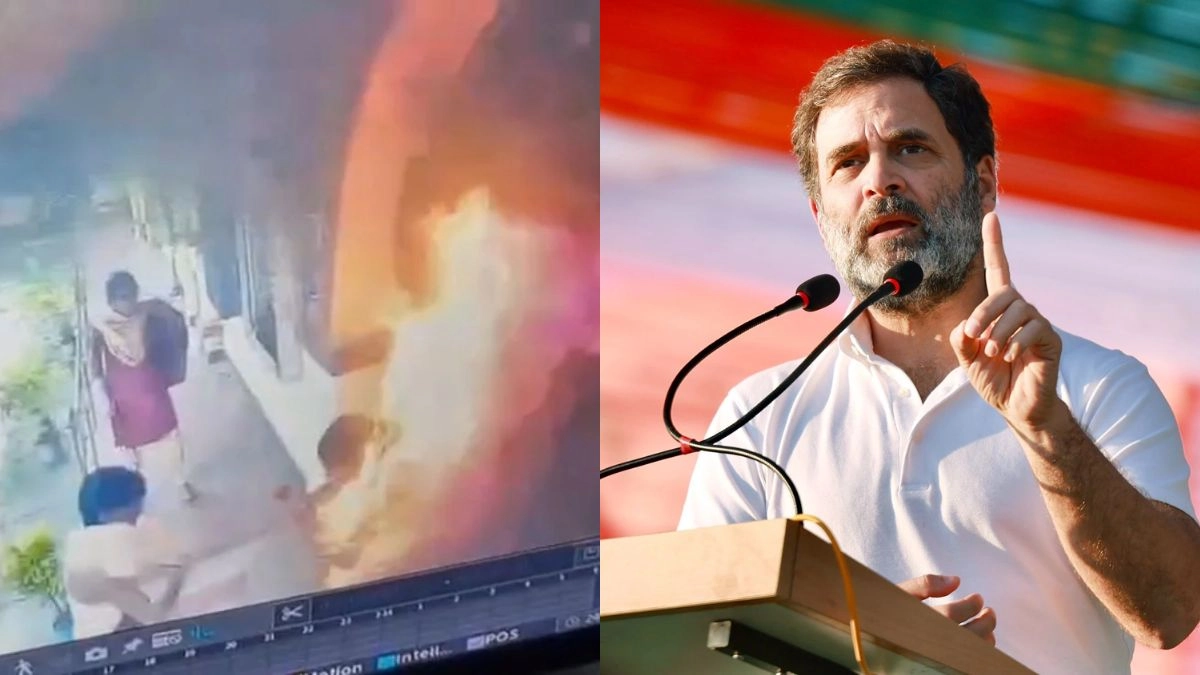In a recent statement, Congress leader Rahul Gandhi attributed the tragic death of a woman in Odisha to systemic failures within the government. He highlighted the need for accountability and reform, emphasizing that the loss of life should be a wake-up call for authorities to address the underlying issues plaguing the region. Gandhi’s remarks come in the wake of an incident that has sparked widespread outrage and concern over the state of governance and public safety in Odisha. By calling attention to what he describes as a failure of the system, he aims to hold those in power responsible for their actions and the consequences they have on ordinary citizens.
In response, the Bharatiya Janata Party (BJP) has criticized Gandhi’s approach, accusing him of engaging in “cheap politics” during a time of tragedy. BJP leaders argue that instead of offering constructive solutions, Gandhi is utilizing the situation to gain political mileage. They contend that such statements undermine the gravity of the incident and detract from the need for collective action and compassion in the face of adversity. The BJP’s rebuttal underscores the deepening political divide in India, where tragedies are often met with fierce partisan disputes rather than a unified response aimed at addressing the root causes.
This exchange highlights the ongoing tensions between the Congress party and the BJP, particularly in the context of governance and accountability. It also brings to the forefront the broader issues of systemic failures in public services and safety that resonate with citizens across the country. As the political landscape continues to evolve, the discourse surrounding such incidents will remain critical, shaping the narratives and policies that emerge in response to public outcry. Ultimately, the challenge lies in transforming these discussions into meaningful action that prioritizes the welfare of the people over political agendas.




